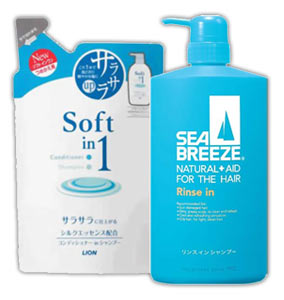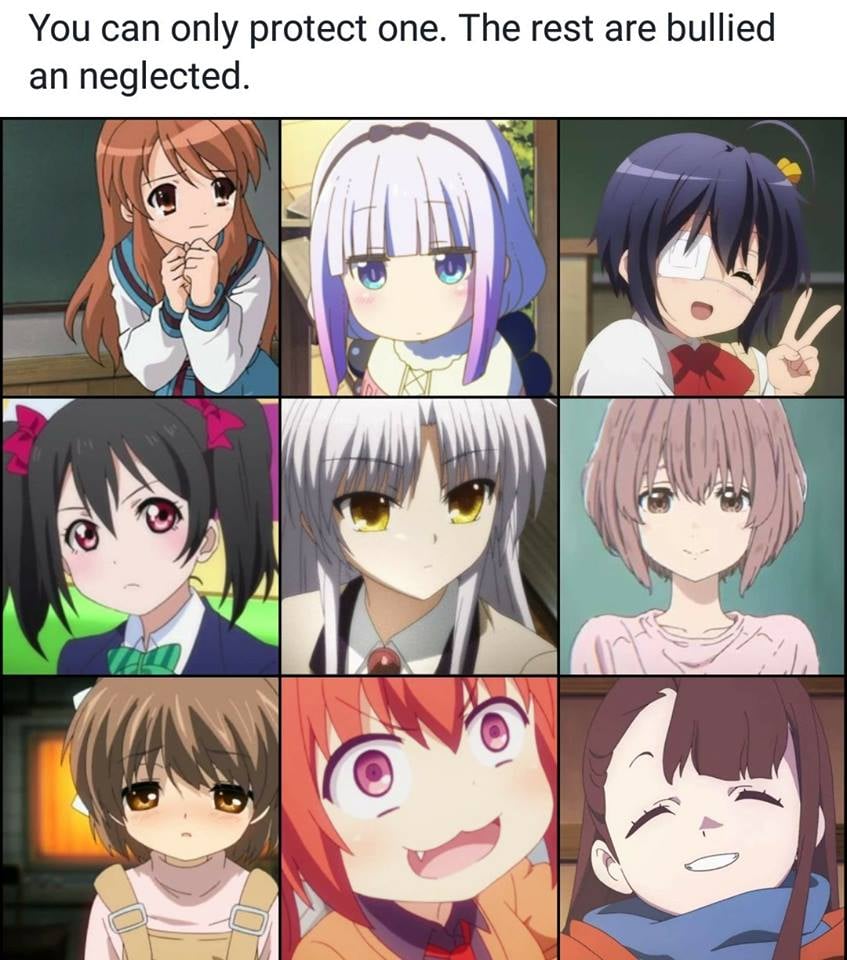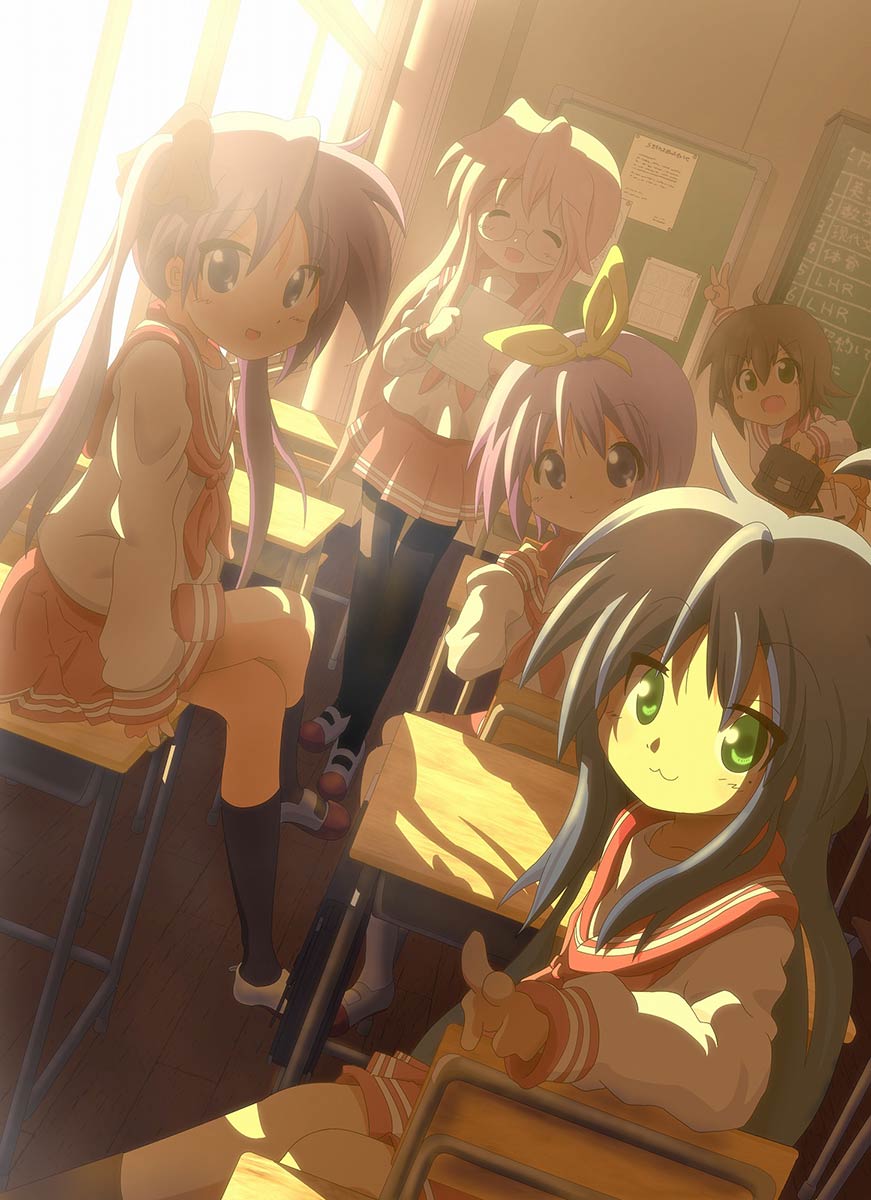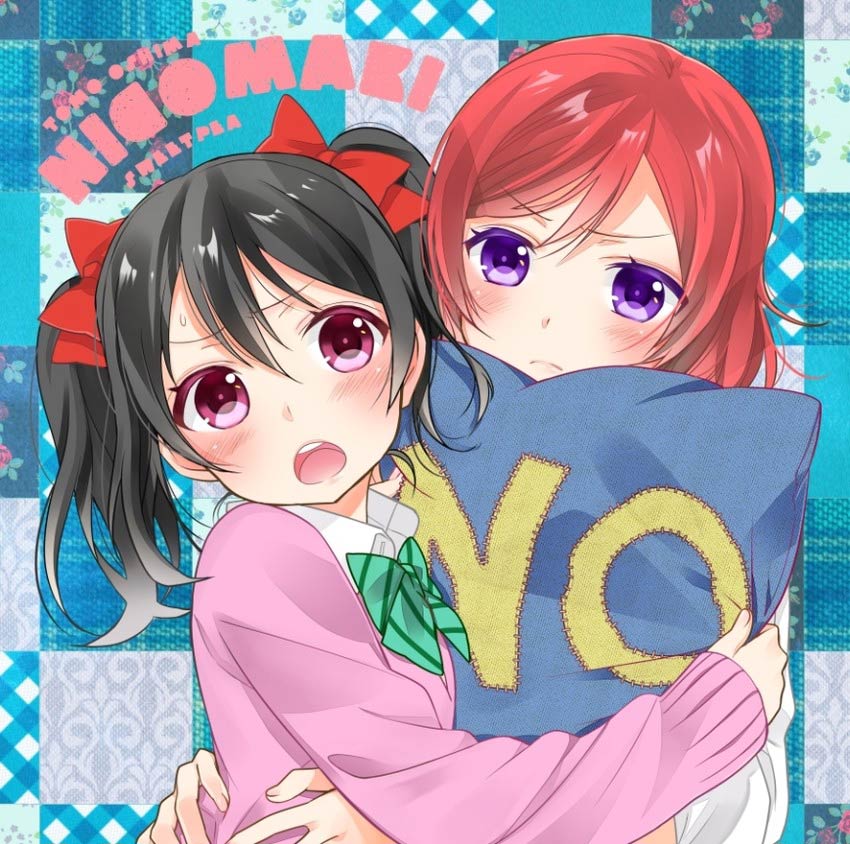Whether you’re talking about Singapore or South Africa, Jamaica or Japan, every country is going to adapt the English language to their own local needs. In Japan, people generally learn six years of English in junior high and high school, yet because no one really needs it once they’ve taken their college entrance exams, it often becomes more of a decoration for society. One pattern I’ve noticed is that English gets shortened or simplified in ways that might seem strange to us. For example, a student of mine wanted to tell me that she’d found out she was pregnant but didn’t know how to say it in English, so she pointed at her abdomen and exclaimed, “Baby in!” Hair conditioner in Japanese is called “rinse” (shortened from “cream rinse”), so it makes perfect sense to Japanese people that “rinse in shampoo” would be what conditioning shampoo would be called. In Japanese a convertible like my Miata is known as an “open car,” a name which gets the job done without adding any unnecessary complexity, while an RV your family can sleep in is referred to as a “camp car.” One of my favorite Japanese word simplifications are Phillips and regular screwdrivers — the Japanese just call them “plus” and “minus.”

Would you like to wash your hair with “rinse in shampoo”?















